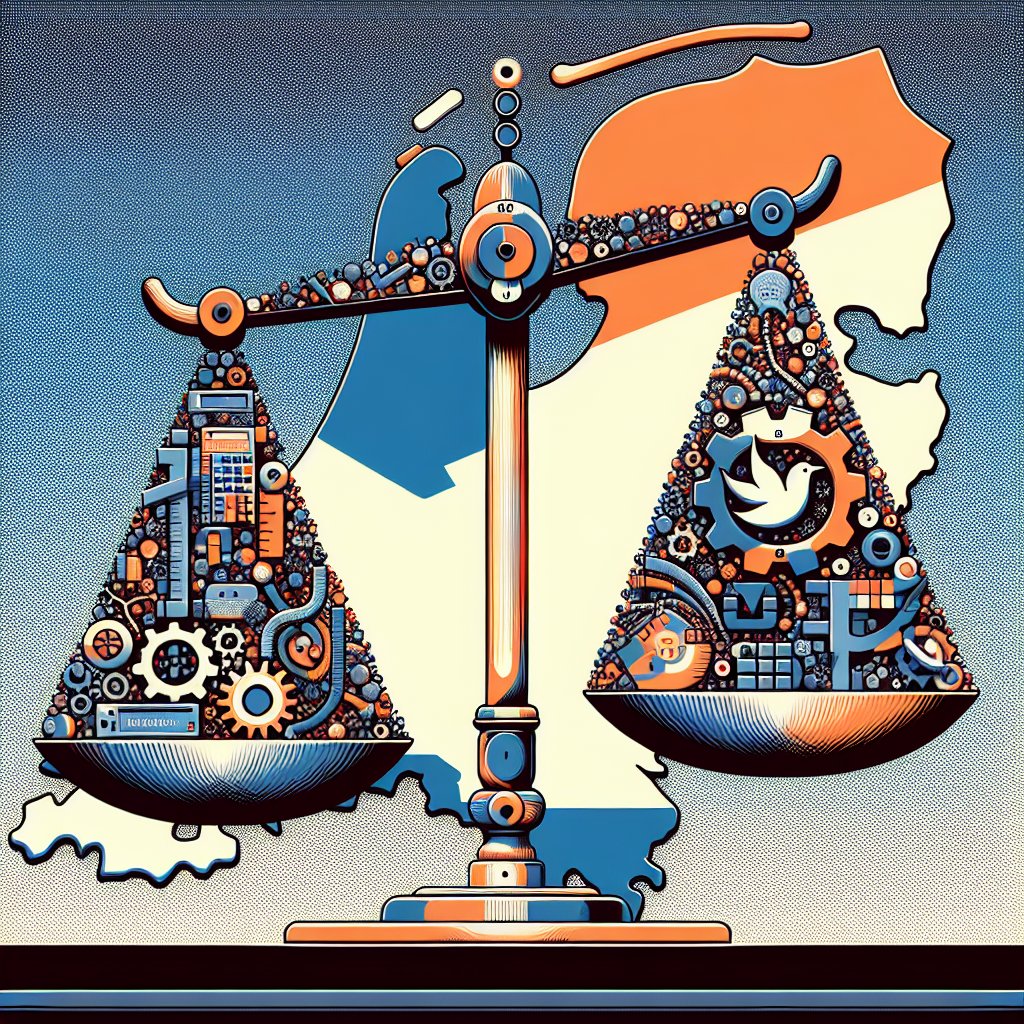Image: AI generated for illustration purposes
The Netherlands Charts a Calmer Course in European Politics
In the run-up to the next week's pivotal elections in the Netherlands, a shift in the political atmosphere is becoming increasingly apparent. The Dutch, known for their temperate and consensus-driven style of governance, seem on course to reaffirm these characteristics, potentially offering a blueprint for a 'saner' version of the political right in Europe.
This anticipated trend responds to the global political landscape that has been dominantly influenced by figures such as Donald Trump and the legacy of Margaret Thatcher. The expansive, dramatic style of these Western political narratives contrasts starkly with the current Dutch sentiment that seeks understated yet effective governance, with an emphasis on stability and technocracy.
The political spectrum in the Netherlands is complex, fluid, and exemplary in its representation. Voters in the country have long since moved away from tribalistic party loyalty catalyzed by the secularization movement, which dissipated the predominance of religious-based voting. Dutch voters now scrutinize and opt for the parties and leaders who directly address their pressing needs, reflecting a rational and practical approach to voting.
This fertile ground for political entrepreneurship has given rise to new parties like the Nieuw Sociaal Contract, founded by former Christian Democrat Pieter Omtzigt, and the pro-farmers movement BBB, which sprang from the aspirations of a communications firm in 2019. These emergent forces speak to the specificity of voter interests, from economic stability to sectoral concerns.
Amidst the effervescence of political options, the far right's place in Dutch politics remains peripheral, historically never amassing more than 20% of the parliamentary vote and spending only a brief stint in government. The real dynamic force is the burgeoning new right, distanced from the extremes of Trumpian or Thatcherite philosophies, instead advocating for a different ethos.
Central to this new right-wing movement are the concepts of moderation and a nuanced approach to governance. This is embodied by parties like the BBB and figures such as Omtzigt, who transcends the political norm with introspective, intellectual advocacies like "bestaanszekerheid," a concept entailing a secure and stable existence, reflecting an innate yearning for a protective state apparatus.
Migration remains a debate within the Dutch political discourse, yet even this traditionally right-leaning issue is discussed in pragmatic tones, avoiding the fervor and polarization that often accompanies such discussions elsewhere. The leading right-wing parties, including the VVD and the NSC, propose a moderated stance on migration, standing in stark contrast to the populist rhetoric that has gained traction in some European countries and the United States.
The Dutch right is forging an identity that diplomatically acknowledges Euroscepticism and responds to environmental concerns without resorting to denial or divisive rhetoric. A pragmatic approach and a polished address of these issues might indeed point to a forecasted political maturity that neighboring countries could observe and potentially emulate.
As Europe observes the Netherlands' electoral outcomes, it is clear that the Dutch public is casting a vote for a remarkably unremarkable brand of politics—an antidote to the populist drama unfolding on much of the global stage. The Netherlands could likely set the precedent for a right wing that is quieter yet assertive, large governmental yet not oppressive, and European Union-resigned yet critically sovereign.
In conclusion, the Netherlands is not simply electing a new government; it is signalling a nuanced recalibration of the right-wing politics in Europe—a departure from thunderous political landscapes towards a theater of calculated and communal resolve. As Dutch voters head to the polls, their choices may reverberate well beyond their borders, charting a tamer trajectory for Europe’s broader political right.










